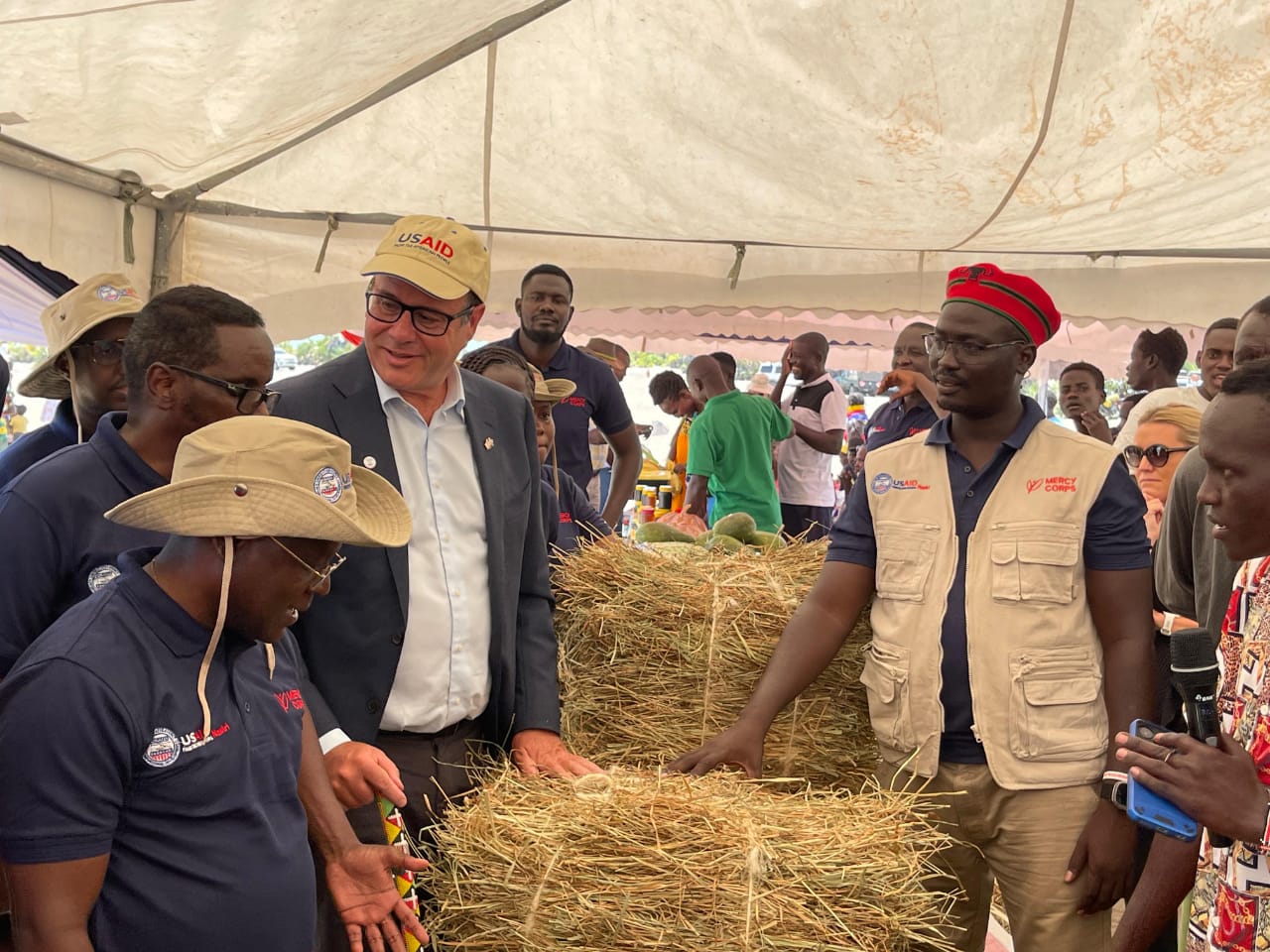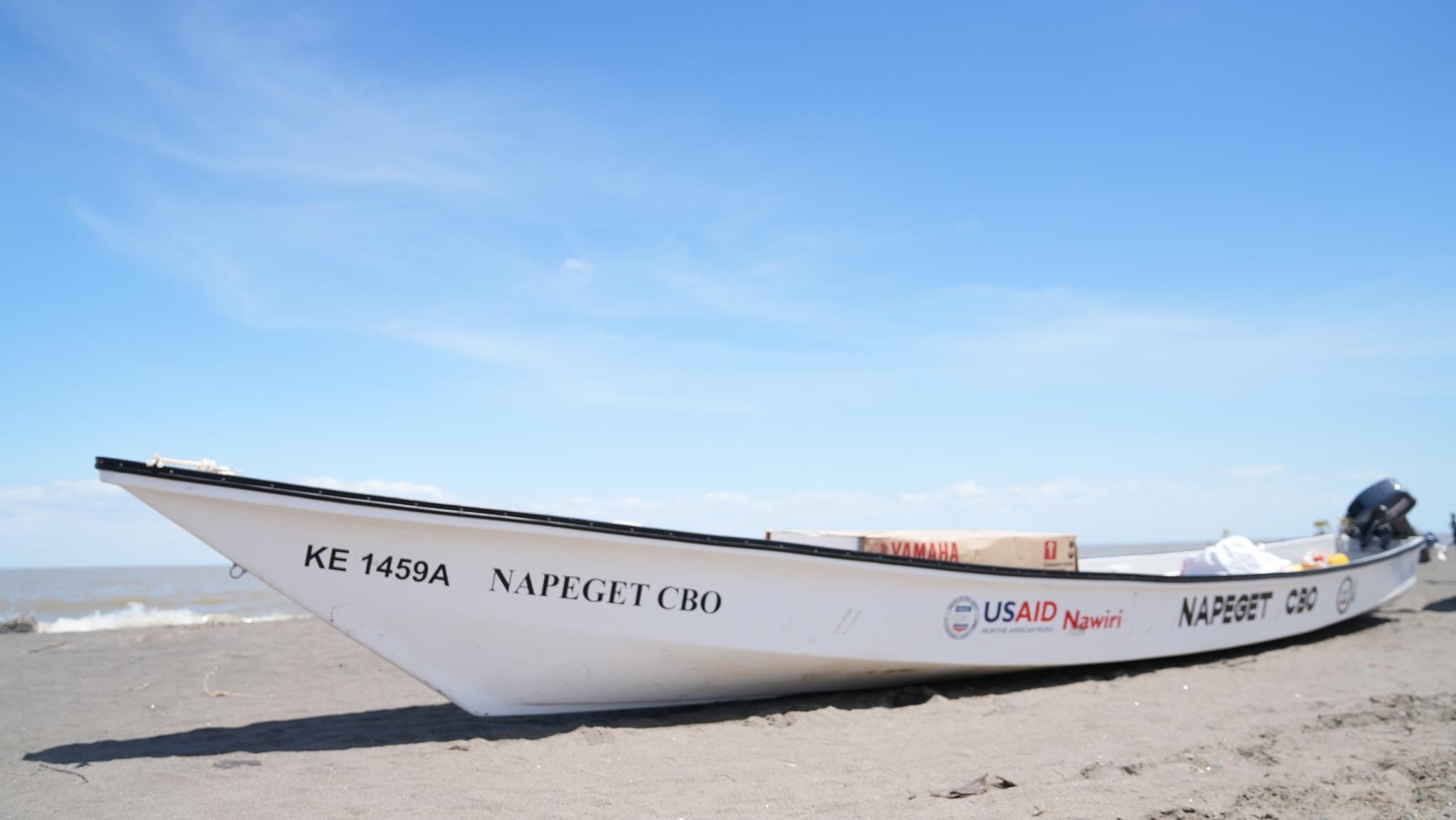
Lomekwi Village in Turkana County is experiencing a revival in its fishing industry, thanks to interventions aimed at enhancing sustainable fish production and strengthening community resilience.
Historically, local fishing communities have faced numerous challenges, including a lack of technical skills, limited resources, and inadequate governance structures.
A recent assessment of Beach Management Units (BMUs) highlighted that many were struggling to implement effective fisheries management plans, while most fishers relied on non-motorised boats, restricting them to shallow waters and affecting their catch. In response, capacity-building initiatives have been introduced in seven Beach Management Units.
A total of 84 BMU executive members (64 men and 20 women) have been trained in leadership, governance, environmental protection, and fish hygiene.
Additionally, seven fisheries site management plans have been developed to optimize boat operations and minimize post-harvest losses.
The introduction of eight motorized fiberglass boats has been a game-changer for local fishers. Managed by BMU committees, these boats enable deep-water fishing, which was previously impossible.
To ensure proper usage, 32 youth (31 men and one woman) have been trained in boat handling, engine maintenance, and fire safety.
“We used to hire boats and were charged five shillings per fish caught, which affected our income. Now, with these motorized boats from Nawiri, we can fish deeper and earn more to support our families,” 23-year-old Nabokat Katodi from Todonyang village said.
In addition to boats, 899 fishers (695 women and 204 men) have received essential fishing gear such as twines, ropes, and hooks.

The boats are managed by a Boat Management Committee, with fishers contributing 1.5 per cent of their earnings per expedition towards maintenance.
“A labor market survey at the start of our programme informed our approach. We’re supporting communities, especially youth in Turkana and Samburu, to develop their skills and create sustainable market linkages to secure livelihoods,” Nawiri’s Chief of Party Hussein Abdille said during the launch of the motorised boats.
USAID Nawiri’s interventions go beyond fishing. Local anchor groups, including R4N and GIRL-H, have been linked to BMUs, providing members with access to fishing assets through annual membership fees, further enhancing economic opportunities.
The programme is also supporting Village Savings and Loan Associations (VSLAs), market linkages, and vocational training in basketry, weaving, and beekeeping, helping to diversify income sources and build economic resilience in Turkana.
Progress is already visible, with 28 fish input suppliers mapped using a voucher-based cost-sharing model to ensure steady access to supplies.
A fish register in Lobolo BMU recorded a harvest of 4,758 kg, with over 4,200 kg sold, generating Sh273,035 for the community.
USAID Mission Director David Gosney highlighted the broader impact of these efforts:
“I am happy to see how the USAID Nawiri program is partnering with the local government to improve livelihoods in Turkana and Samburu. Programs like this are enhancing the relationship between the Kenyan and American people to improve the lives of these talented young men and women and the community in general,” Gosney said.
These interventions mark a turning point for Lomekwi and neighboring villages, equipping fishing communities with the tools and resources they need to sustainably manage their livelihoods while building long-term resilience.















